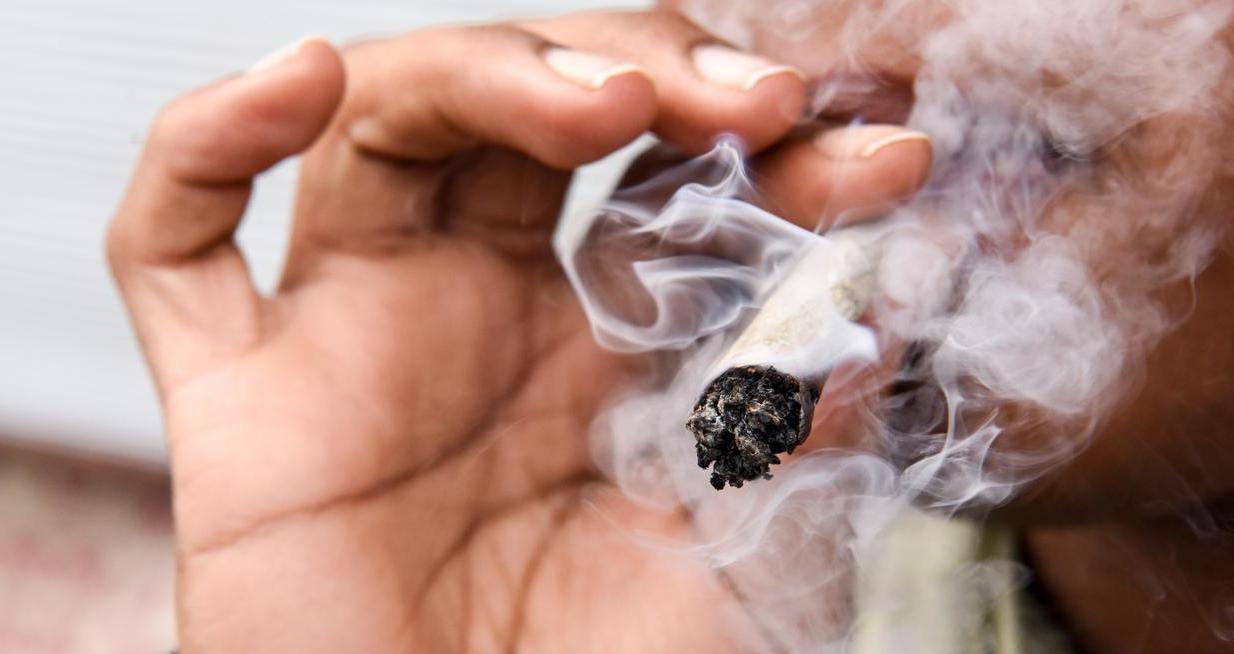Smoking cannabis increases violent behaviour in young people with mental health disorders, finds study
Users’ risk of violence rose by 144 per cent

A new study on cannabis has found that users with mental illness present an increased risk of violent behaviour.
The research conducted by the Institut en Santé Mentale de Montréal (Montreal Institute of Menal Health), studied 1,136 patients – from 18 to 40 years of age – with mental illnesses who had been seen five times during the year after discharge.
And while previous research has already shown a link between cannabis and aggressive behaviour, this new study found that users who continued to smoke at each follow-up appointment increased their risk of violence by 144 per cent.
The results also confirm the detrimental role of chronic cannabis use in patients with mental illness, with data proving a stronger association between cannabis use and violence than that associated with alcohol or cocaine.
While researchers say cannabis should therefore be considered as an indicator of future violent behaviour in patients who leave psychiatric care, they do insist that the aggression will fade over time.
“This decrease could be explained by better adherence to treatment (the patient becomes more involved in their treatment over time) and by better support from their entourage.
The ultimate herbal remedy: Can cannabis improve autism?
Show all 6"Even though we observed that violent behaviour tended to decrease during follow-up periods, the association remained statistically significant,” said Dr Alexandre Dumais, a psychiatrist at the Institut Philippe Pinel.
The results also show that there is no reciprocal relationship between the two - that is, the use of cannabis resulted in future violent behaviour and not the reverse.
With a recent meta-analysis of neuroimaging studies demonstrating that chronic cannabis users have deficits in the prefrontal cortex – a part of the brain that inhibits impulsive behaviour – these results play an important role in offering information to young adults who can then evaluate the risks of cannabis before deciding whether or not to use it.
These results are important because they offer additional information to young adults, who can evaluate the risks of cannabis before deciding whether or not to use it.
Subscribe to Independent Premium to bookmark this article
Want to bookmark your favourite articles and stories to read or reference later? Start your Independent Premium subscription today.

Join our commenting forum
Join thought-provoking conversations, follow other Independent readers and see their replies